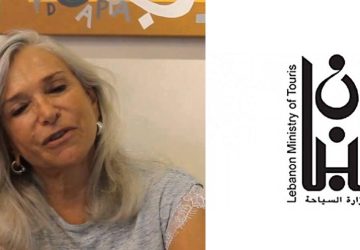Human rights activists on Thursday criticized Beirut’s decision to stop asking the International Criminal Court (ICC) to investigate and prosecute alleged war crimes committed by Israel in Lebanon since the Israel-Hamas war erupted.
“Our initial optimism about the Lebanese government’s decision has given way to deep disappointment,” said Amnesty International’s deputy regional director, Aya Majzoub.
Beirut “says it wants justice for the targeting and killing of journalists, the attacks on medical facilities and other civilian infrastructure, yet it has shut the door on one of the few avenues for accountability,” she told AFP.
On Tuesday, the Lebanese government decided to “modify” an April decision in which it said it would “submit a declaration to the registrar of the International (Criminal) Court to accept its jurisdiction in investigating and prosecuting all crimes committed on Lebanese soil since October 7.”
The government said it would instead file complaints to the United Nations.
Those “crimes” included the killing of Reuters journalist Issam Abdallah in South Lebanon on October 13. Six other journalists from Reuters, Al Jazeera and AFP were wounded. One of them, AFP photographer Christina Assi, 28, later had a leg amputated.
A Reuters probe found two Israeli tank rounds were used in the attack, in an investigation it carried out with the Netherlands Organisation for Applied Scientific Research (TNO), an independent research institute.
The Lebanese government’s decisions made specific reference to the TNO findings.
Human Rights Watch (HRW) has said the strikes were “apparently deliberate attacks on civilians, which is a war crime.”
HRW’s Middle East and North Africa Director, Lama Fakih, said the government’s U-turn was “a really difficult pill to swallow.”
It would have been a chance for victims “to have their day in court, to be able to see a path towards justice,” she told AFP.





